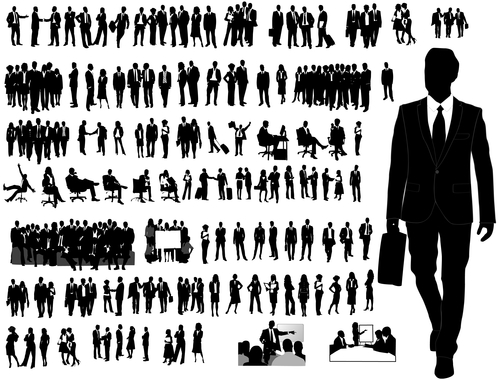Dear Colleagues!
In the scientific and practical journal “Accounting. Analysis. Audit ”No. 3/2017 (founder of FSBEI“ Financial University under the Government of the Russian Federation ”) an article by detective A.E. Krioni "External control of small businesses by detective methods."
The article describes the author’s methods of external control used in the implementation of private investigations. Based on his own observations and experience, the author, in particular, emphasizes that “the auditor’s conclusions do not always meet the expectations of all, without exception, representatives of the executive body of the company where the audit was supposed to be carried out. For example, the personal interest of the customer may prompt an independent auditor to draw up a knowingly false audit report. Therefore It is quite reasonable that persons interested in truly independent verification of the financial and economic activities of an economic entity are looking for additional methods and control methods, for example, they turn to a detective for help.
Link to announcement Link is not valid - deleted
Sincerely, A Kryoni
In the scientific and practical journal “Accounting. Analysis. Audit ”No. 3/2017 (founder of FSBEI“ Financial University under the Government of the Russian Federation ”) an article by detective A.E. Krioni "External control of small businesses by detective methods."
The article describes the author’s methods of external control used in the implementation of private investigations. Based on his own observations and experience, the author, in particular, emphasizes that “the auditor’s conclusions do not always meet the expectations of all, without exception, representatives of the executive body of the company where the audit was supposed to be carried out. For example, the personal interest of the customer may prompt an independent auditor to draw up a knowingly false audit report. Therefore It is quite reasonable that persons interested in truly independent verification of the financial and economic activities of an economic entity are looking for additional methods and control methods, for example, they turn to a detective for help.
Link to announcement Link is not valid - deleted
Sincerely, A Kryoni
 Original message
Original message
Уважаемые коллеги!
В научно-практическом журнале «Учёт. Анализ. Аудит» №3/2017 (учредитель ФГОБУВО «Финансовый университет при Правительстве Российской Федерации») опубликована статья детектива А.Е. Криони «Внешний контроль предприятий малого бизнеса детективными методами».
В статье рассказывается об авторских методах внешнего контроля, применяемых при осуществлении частных расследований. Опираясь на собственные наблюдения и опыт автор, в частности подчеркивает, что "не всегда выводы аудитора удовлетворяют ожидания всех без исключения представителей исполнительного органа компании, где предполагалось провести проверку. Например, личная корысть заказчика может подтолкнуть независимого аудитора к составлению заведомо ложного аудиторского заключения. Поэтому, вполне обоснованно, что лица, заинтересованные в по-настоящему независимой проверке финансово-хозяйственной деятельности экономического субъекта, ищут дополнительные методы и способы контроля, например, обращаются за помощью к детективу.
Ссылка на анонс Ссылка не действительна - удалено
С уважением, А Криони
В научно-практическом журнале «Учёт. Анализ. Аудит» №3/2017 (учредитель ФГОБУВО «Финансовый университет при Правительстве Российской Федерации») опубликована статья детектива А.Е. Криони «Внешний контроль предприятий малого бизнеса детективными методами».
В статье рассказывается об авторских методах внешнего контроля, применяемых при осуществлении частных расследований. Опираясь на собственные наблюдения и опыт автор, в частности подчеркивает, что "не всегда выводы аудитора удовлетворяют ожидания всех без исключения представителей исполнительного органа компании, где предполагалось провести проверку. Например, личная корысть заказчика может подтолкнуть независимого аудитора к составлению заведомо ложного аудиторского заключения. Поэтому, вполне обоснованно, что лица, заинтересованные в по-настоящему независимой проверке финансово-хозяйственной деятельности экономического субъекта, ищут дополнительные методы и способы контроля, например, обращаются за помощью к детективу.
Ссылка на анонс Ссылка не действительна - удалено
С уважением, А Криони
Zuletzt bearbeitet von einem Moderator:














